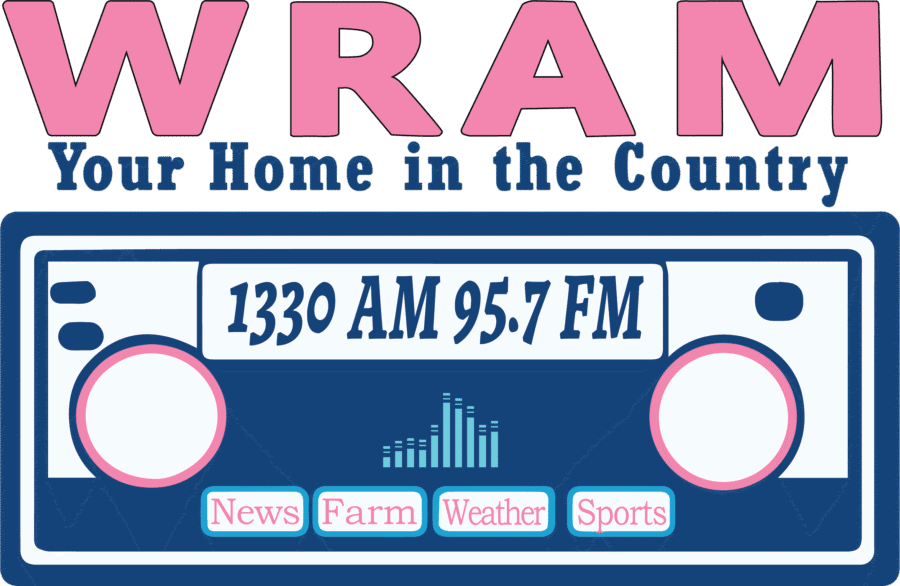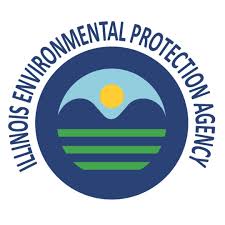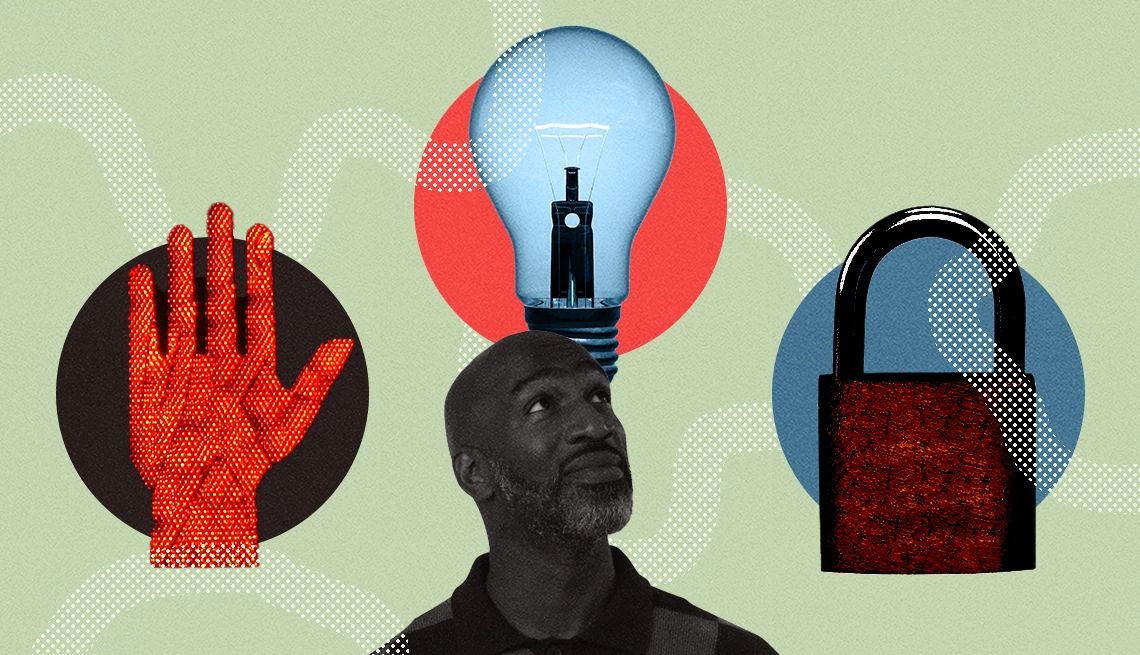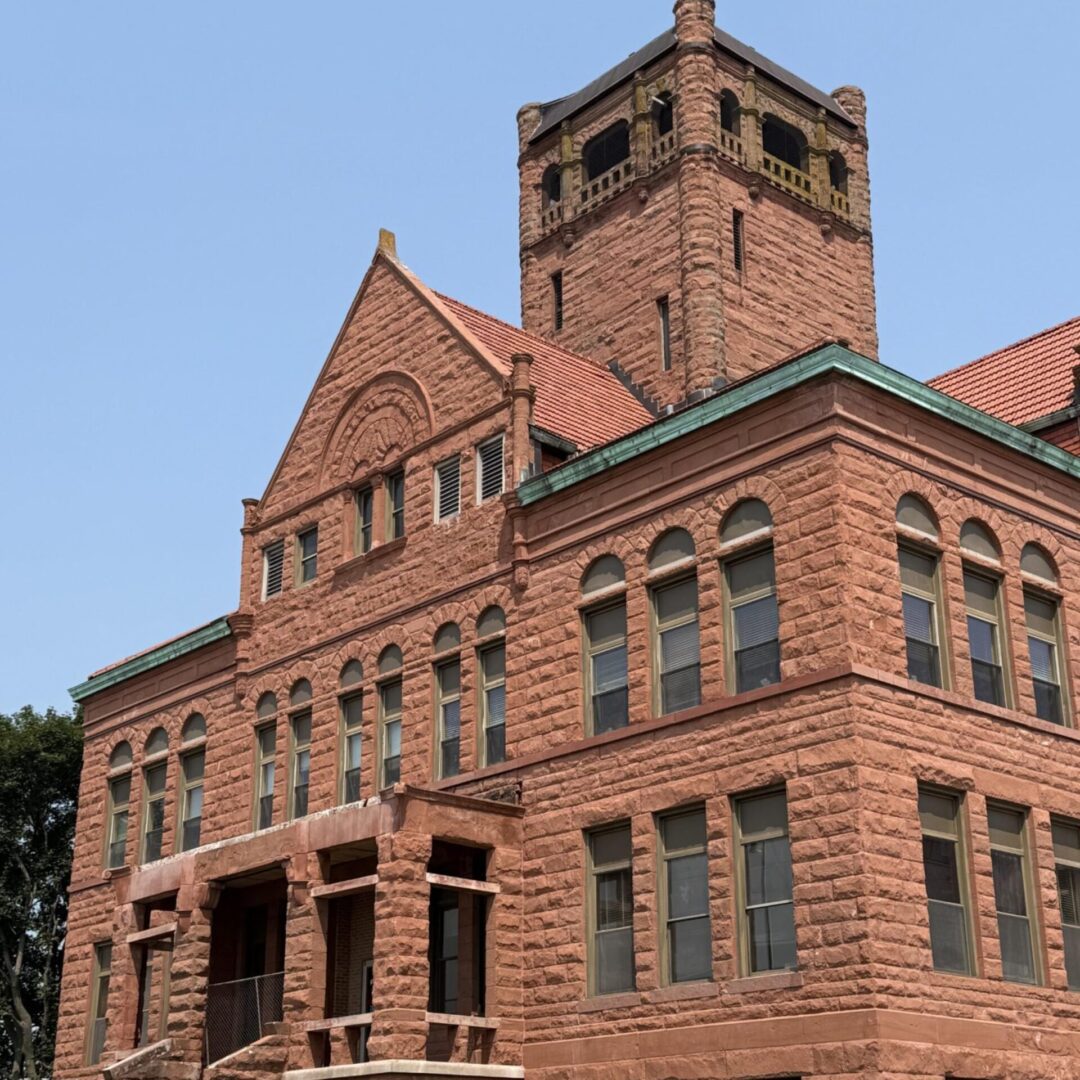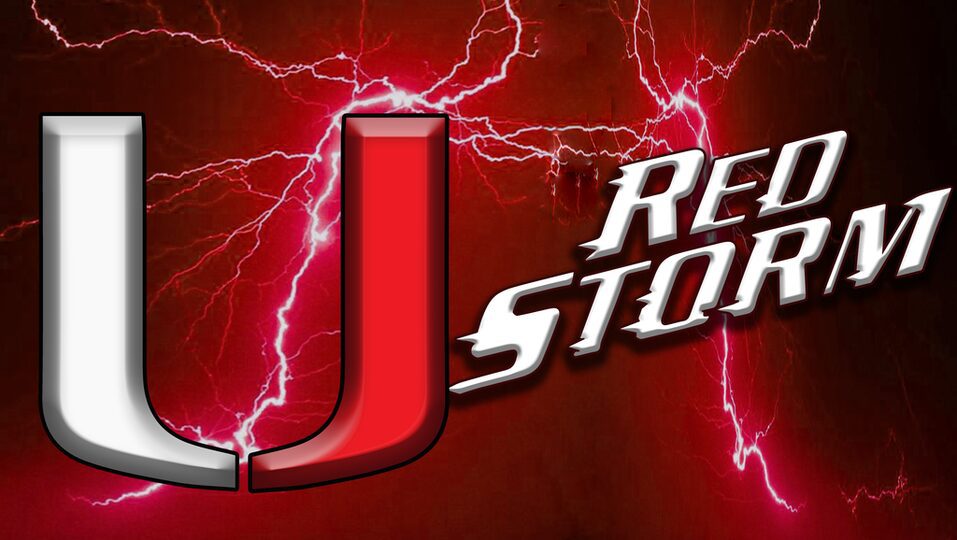Funding will support public infrastructure projects for 32 communities located in non-metropolitan areas in Illinois
Governor JB Pritzker and the Illinois Department of Commerce & Economic Opportunity (DCEO) today announced the recipients for the Community Development Block Grant (CDBG) for Public Infrastructure. A total of $41 million has been awarded to 32 communities, which will support critical repairs to water, sewer, and drainage infrastructure to enhance safety and quality of life for 52,000 Illinois residents.
“Every community in Illinois deserves access to clean drinking water, regardless of where they live,” said Governor JB Pritzker. “With the support of our federal partners, communities across the state will receive the resources they need to upgrade their water, sewer, and drainage infrastructure system. These projects will benefit the health and wellness of their residents for years to come.”
“Every Illinois family should be able to rely on our water and sewer systems without a second thought,” said Lt. Governor Juliana Stratton. “These grants will bring vital upgrades to communities across our state, especially areas without reliable access to basic infrastructure. By investing in modern utilities, we are fostering equity, and enhancing quality of life for all Illinois residents.”
“The CDBG Grant Program plays an essential role in ensuring families across Illinois have access to high-quality sewer and water infrastructure that improves their quality of life,” said DCEO Director Kristin Richards. “This funding will support the critical repairs provided through the CDBG grant program and have a long-lasting impact on our communities that need it most.”
Community Development Block Grant (CDBG) for Public Infrastructure
Public infrastructure grants are designed to provide communities with funding to improve public infrastructure and public health and quality of life. These projects include construction of storm sewer pipes, waterline replacements, and water storage tank construction, and other critical projects that help mitigate flooding and support sewage management, water delivery and other public water necessities.
Local governments are receiving grants of up to $1.5 million with an average grant size of $1.2 million. Preference was given to projects located in underserved areas, opportunity zones, and those which proposed a non-state matching component to drive the maximum investment to the area. A list of recipients can be found below:
Recipient | Funding |
| City of Abingdon | $1,500,000 |
| City of Arcola | $1,320,000 |
| Village of Beecher City | $1,500,000 |
| City of Bushnell | $1,499,999 |
| City of Cairo | $1,490,400 |
| City of Canton | $1,499,957 |
| City of Carmi | $587,657 |
| City of Centralia | $883,702 |
| Village of Cobden | $701,325 |
| Village of Findlay | $1,500,000 |
| City of Golconda | $723,100 |
| Village of Granville | $ 1,447,149 |
| Village of Hutsonville | $ 787,000 |
| Village of Illiopolis | $1,500,000 |
| Village of Irving | $1,500,000 |
| Village of Kansas | $1,310,000 |
| Village of Lisbon | $919,109 |
| City of Litchfield | $1,499,999 |
| Village of Malden | $1,345,056 |
| Town of Mason | $1,330,880 |
| Village of Montrose | $1,500,000 |
| Village of Noble | $829,000 |
| Village of Norris City | $1,498,905 |
| City of Oakland | $1,500,000 |
| City of Ottawa | $1,247,792 |
| City of Pana | $1,500,000 |
| City of Sparta | $1,500,000 |
| City of Sullivan | $650,000 |
| Village of Thayer | $1,491,870 |
| Village of Tiskilwa | $1,499,250 |
| City of Toulon | $1,385,000 |
| Village of Waggoner | $1,500,000 |
“A safe water supply is a key element for any thriving community,” said U.S. Senator Dick Durbin (D-IL). “Community Development Block Grants are the instruments of change that help stabilize neighborhoods that have weathered the storms of neglect, empowering individuals and families with opportunities to flourish. I’m encouraged to see $41 million being awarded to more than 30 Illinois communities to improve their water infrastructure.”
“Every Illinoisan—regardless of their race, income or zip code—deserves to have access to safe, reliable water, and I’m glad to see this support helping communities to invest in, repair and update their drinking water and wastewater systems,” said U.S. Senator Duckworth (D-IL). “At the federal level, advocating to improve our drinking water and wastewater systems had been one of my top priorities, and I’ll keep working to ensure Illinois has the resources needed to help make these improvements.”
This year marks the 50th Anniversary of the CDBG program. For half a century, CDBG has played a pivotal role in helping the most vulnerable citizens through key investments in infrastructure, public facilities, economic development, and housing. This funding will support over 54,000 people and serve areas in which 57% of residents are low-to-moderate income. In the last 7 years, nearly $165 million has been awarded to over 230 communities to assure they have access to high-quality water and sewer infrastructure.
The Community Development Block Grant (CDBG) Program was established by the U.S. Housing and Community Development Act of 1974 (“HCD Act”). These state-administered funds are earmarked exclusively for non-metropolitan communities that do not receive CDBG entitlement funding from HUD. All funding benefits communities with 51 percent or more low-to-moderate income residences, in accordance with CDBG program requirements.
***Courtesy of the State of Illinois***

